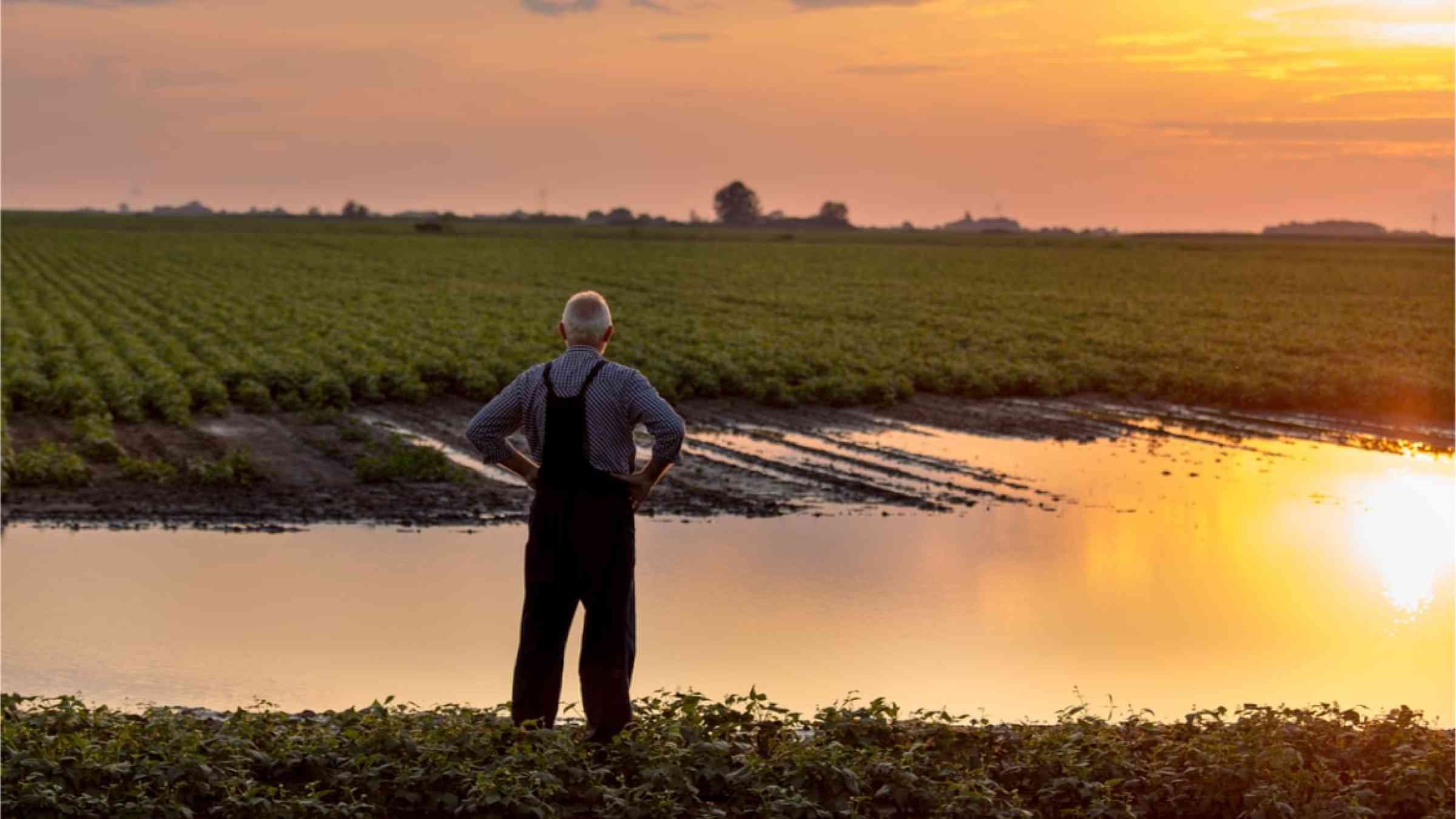ADAS and Met Office identify low-cost, high-impact ways to help agriculture adapt to climate change

ADAS has been working with the Met Office Hadley Centre on research funded by Defra’s climate service on food, farming and the natural environment, to help identify ways that farmers can adapt their practices to build resilience to climate change while strengthening the UK’s food security.
The frequency of extreme heat events and drought is rising, with the 10 warmest years on record all having occurred in the last 20 years, making it vital for the agricultural sector to prepare for these events. Government will consider the outcomes of this research as it improves agricultural resilience within the National Adaptation Programme.
ADAS Climate and Sustainability Director Charles Ffoulkes said:
“The work builds on ADAS research in 2008, which identified 124 adaptation options to build resilience across a range of climate hazards, including hot and cold events, droughts, floods and storms, across a range of agricultural sectors. This new research in partnership with the Met Office examines adaptation within the context of drought and water scarcity, extreme heat and heat stress and wildfires. In this study, we have highlighted adaptation measures that have a high impact, are easy to implement and come at only a low or moderate upfront cost – the ‘quick wins’ to help agriculture adapt to our changing climate.”
ADAS reviewed recent literature to assess the impacts of higher temperatures and reduced rainfall and identified relevant actions to mitigate or adapt to these risks. Following the evidence review, the list of adaptation measures was scored against cost, impact and ease of implementation criteria to prioritise those that could be easily taken up by the farming community.
The research identified short- and longer-term actions. Measures for early adoption included avoiding harvesting during the hottest parts of the day to reduce the risk of harvester fires, sheltering livestock indoors to avoid heat stress and transporting animals at night when it is cooler. Longer-term planning opportunities included moving to deeper rooting forage species to maintain grazing, changing crop varieties or livestock breeds to those with increased resilience and investing in better ventilation systems within horticultural and livestock buildings.
“Our work also highlighted communication (or knowledge exchange) opportunities and research needs,” Charles said. “These results could be used to create clear messaging that helps farming by highlighting the adaptation measures available to overcome the impacts of climate change. This needs to initially focus on those that are easy to implement, how low the costs are and how high the impact can be.”
“Climate change is more than just global warming. While this work focused on the summer months and high heat, the farmers know that there is huge variability in climate change impacts, and our report recommends that variability of climate impacts is better presented to assist understanding and uptake of measures.”
Tom Crocker, Science Manager of the Met Office Climate Security team, said:
“This research has taken a co-productive approach, which combines the agricultural focus and applied knowledge of ADAS with Met Office expertise on the impacts of weather and climate change. Together, these provide Defra with valuable policy insights and practical options for government, industry and farm businesses. This can be used to inform decisions that support agricultural policy. Adapting to the impacts of more frequent extreme heat and drought during the summer months is vital for the livelihoods of farmers and for the country’s ability to produce food.”